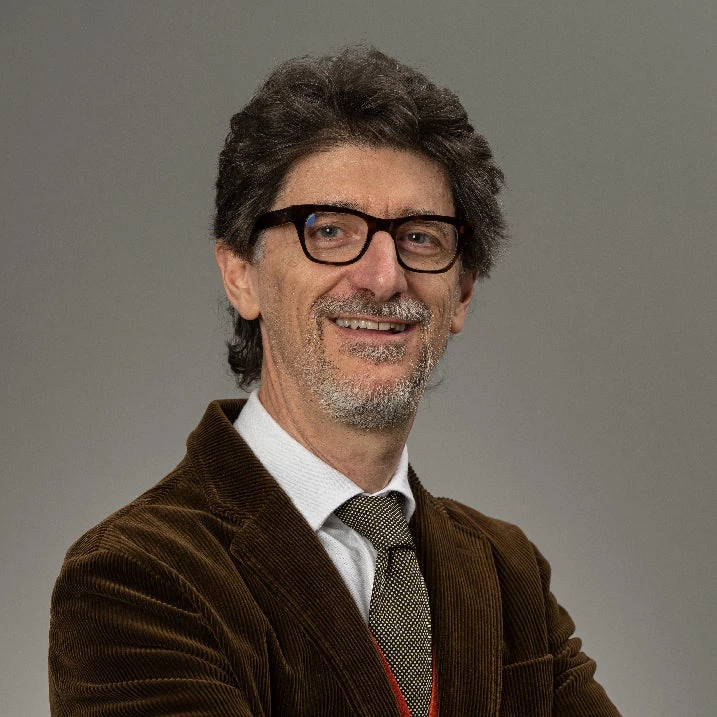
In my previous two blogs – Policies Matter and The Rise of the Global Middle Class – I took inspiration from a recent conference and tried to think through some of the main charges against - and pleas by - economists when considering this new, more polarized world.
Here I will argue that, while economists should not take the blame for the rise of populism and subsequent backlash against globalization, the profession needs to assume the responsibility of producing a convincing (new) narrative to get people backing the idea that open markets can not only go together but also support an inclusive society.
And we can do this by going beyond ‘standard’ economics.
When looking at the recent tears in the social fabric, it is important to bear in mind that it is not just about economics. Psychology, sociology, political science, and even philosophy matter. Economists benefit from being able to listen to other disciplines – a practice which should continue into the future.
As I have written before, adjusting to freer trade can incur great costs for some groups of people (e.g. low-educated workers in high-income countries). In fact, the distributional effects (i.e. the losses of some and the gains of others) can be really large. Although economists know this quite well (as Dani Rodrik clearly illustrates), they have nonetheless been slow to actively propose practical remedies.
The argument offered most of the time has been quite abstract: theorems of trade theory say that winners can fully compensate losers and still have something left to gain. The emphasis is on the positive overall efficiency gain, but the details of how to solve the distributional conflict (how to compensate the losers) are quite vague.
Transfers, in the form of unemployment benefits or re-training subsidies, are often proposed. But what is hard to implant into the heads of many economists is the notion that people do not just want compensation, they want jobs; and jobs are more than just the income they generate.
Jobs are status.
Jobs are identity.
Luckily, we economists can learn from sociologists and political scientists, who do think about these things. Eric Kaufmann, a professor of politics at Birkbeck College, University of London, describes the West’s current turmoil not as an economic crisis (or at least not a ‘standard’ economic crisis), but rather as essentially a crisis of identity or, more specifically, a crisis of racial identity.
Identity, so goes the argument, can be thought of in two ways: ‘achieved’ - meaning it depends on personal efforts; or ‘ascribed’ - meaning it is based on innate characteristics. Belonging to the middle class or to a particular profession had, for generations, been an achievable identity, and it was chosen by the majority. This position offered more social status or self-esteem than an ascribed identity, such as being white or a member of a certain nationality.
However, once a certain achieved identity is no longer attainable or its benefits fall short of expectations, the ascribed identity becomes the preferred identity.
Populist leaders seem to have an intuition for this and clearly promote identity politics. They have been able to discredit sound economics and substitute them with the notion of a zero sum game. Populists claim that there is no overall gain but, rather, any gain that is made by some comes at the expense of others.
Going beyond our typical cost and benefit analyses, considering these notions of identity politics and zero-sum games helps clarify why some electorates are voting to abandon areas of a common market or seem ready to embrace protectionism.
Yet, I do not think economists should be blamed for this.
What economists can do, however, is take a page from other disciplines and build the missing, new narrative needed to address populism.
This has happened in the past. Looking at the evolution of the discipline, we can see examples of economists that, by including concepts from other disciplines (Gary Becker and sociology; Daniel Kahneman and psychology), offered new insights and perspectives.
One more example is George Akerlof’s Identity Economics, a short book published with Rachel Kranton in 2010. A key idea in this book is the notion that identity (and norms) can be embedded into preferences (or tastes) - a building block for how economics views individuals. Akerlof’s ‘ homo economicus’ is a better representation of actual people, who are influenced by their social setting.
This “richer, socially framed conception of individual decision making” may guide economists in producing an antidote to the populist proposals, because it allows us to address the issue of social cohesion directly.


Join the Conversation